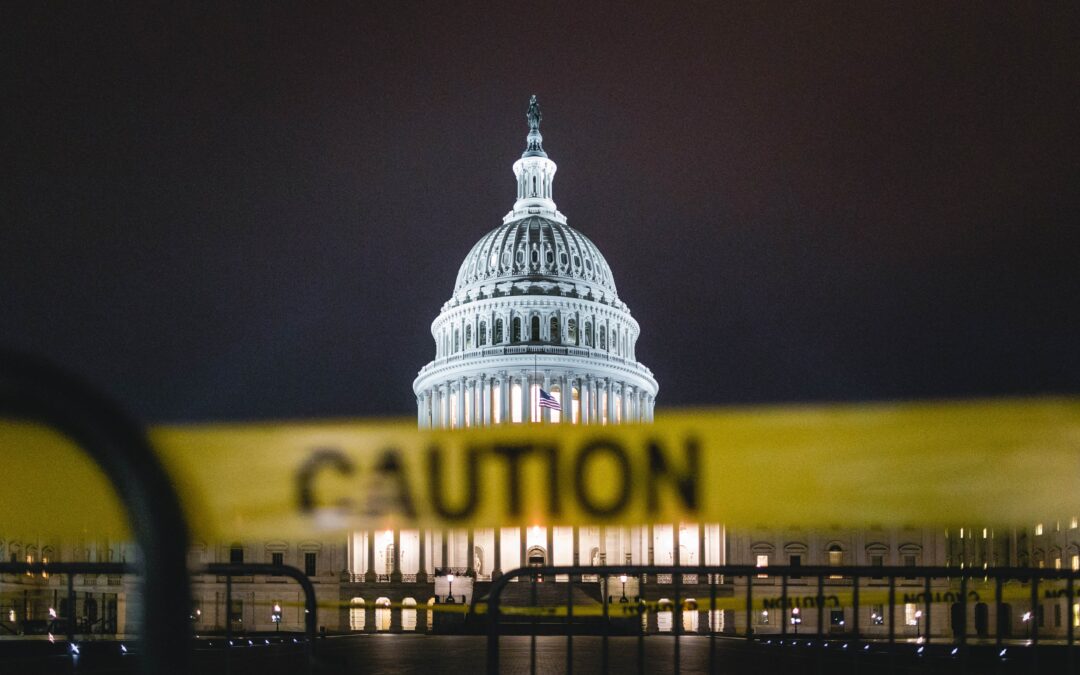The federal government could run out of money to pay its bills as soon as June, putting Congress on the clock to again raise or suspend the federal borrowing limit. Will Congress act to avert a shut down? If so, how? It remains to be seen. However, contractors should begin to assess the potential impact of a federal shutdown now in order to avoid lengthy claims submissions or missed contracting opportunities.
GovContractPros recommends that contractors immediately survey both their existing federal contracts and their federal contracts pipeline to identify whether or not existing contracts are fully funded and to identify key milestones such as option exercise, change order negotiations, or projected award dates. Although some contractors are at risk of prompt payment because of the lack of availability of funds, most federal contractors are likely to experience difficulties due to federal employee furloughs during a shutdown period. Because not all federal employees are “exempt” from a furlough resulting from a lack of appropriations, contractors could experience significant delays in contract award or administration as a result of the absence of the federal workforce.
As an example, a change order is currently being negotiated with an agency. Given the possibility of shutdown, finalizing negotiations would likely be in the interest of both parties. As another example, a current option period expires on June 1. Will the agency exercise the option for another year? Will there be a lapse in service? What of pending contract awards? For these reasons, contractors should assess their federal portfolios to determine if crucial contract modifications, such as option exercises, will come due or award of contract is projected in the coming months.
Second, some contracts may contain the FAR clause, 52.232-19, Availability of Funds for the Next Fiscal Year. The clause states that funds are not available beyond a specific date and is typically included in contract clauses with options, though the funding described in the clause may use a different date than that of the end of the fiscal year (September 30). Certain agency supplements provide additional clauses regarding availability of obligations for funding purposes; e.g., Defense Acquisition Regulation Supplement (“DFARS”) clause 252.232-7007. These clauses permit agencies to award contracts that are not fully funded at the time of award. Typically, the agency will modify a contract to “add funding” to the contract as appropriations are made available. In the event of a shutdown, however, these appropriations are at risk. This means that contractors may be at risk of no payment for services performed and supplies delivered, or a significant delay in payment if a claim is submitted.
Although we cannot predict the future of congressional action with certainty, we recommend reviewing current federal contracts for the reasons described above. Oftentimes, discussions with the contracting officer can ameliorate some of the effects of a shutdown and agencies can be receptive to proposed solutions to ensure vital services are performed. If you have questions about the impact of a potential shutdown or need additional insights on a potential shutdown’s effect upon federal contracts, please contact us.


Recent Comments